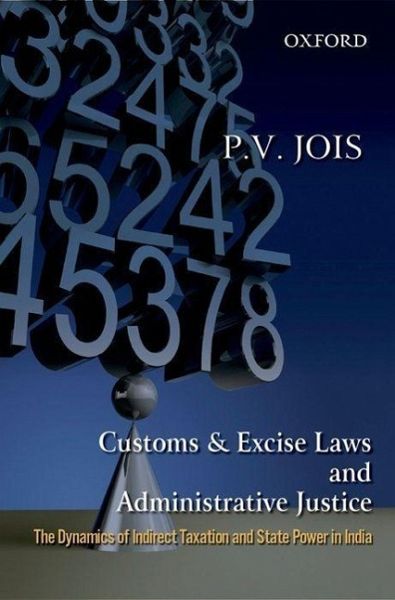
Customs and Excise Laws and Administrative Justice the Dynamics of Indirect Taxation and State Power in India
Versandkostenfrei!
Nicht lieferbar
This book presents a detailed analysis of what the author describes as the systematic failure of the customs and excise tax administration in India, under which vast discretionary authority vests in the hands of the executive through the powers of delegated legislation. The book examines the resulting inhibitory effect on the economic reforms process, on the functioning of the economy itself, and on the constitutional rights of citizens. It shows how discretionary powers are exercised by officials and studies the relevant organizational set up, disputes and dispute resolution, and the judicial attitude towards the administrative process in tax proceedings. The author's argument is that at this stage, delegated powers cannot be wished away, but that remedial measures must be found to 'control the new despotism found in administrative authorities today'. The book goes on to analyze the major reasons for the dysfunction of the system in India. It suggests a system of Alternate Law Judges for the fair and effective resolution of taxation disputes.













